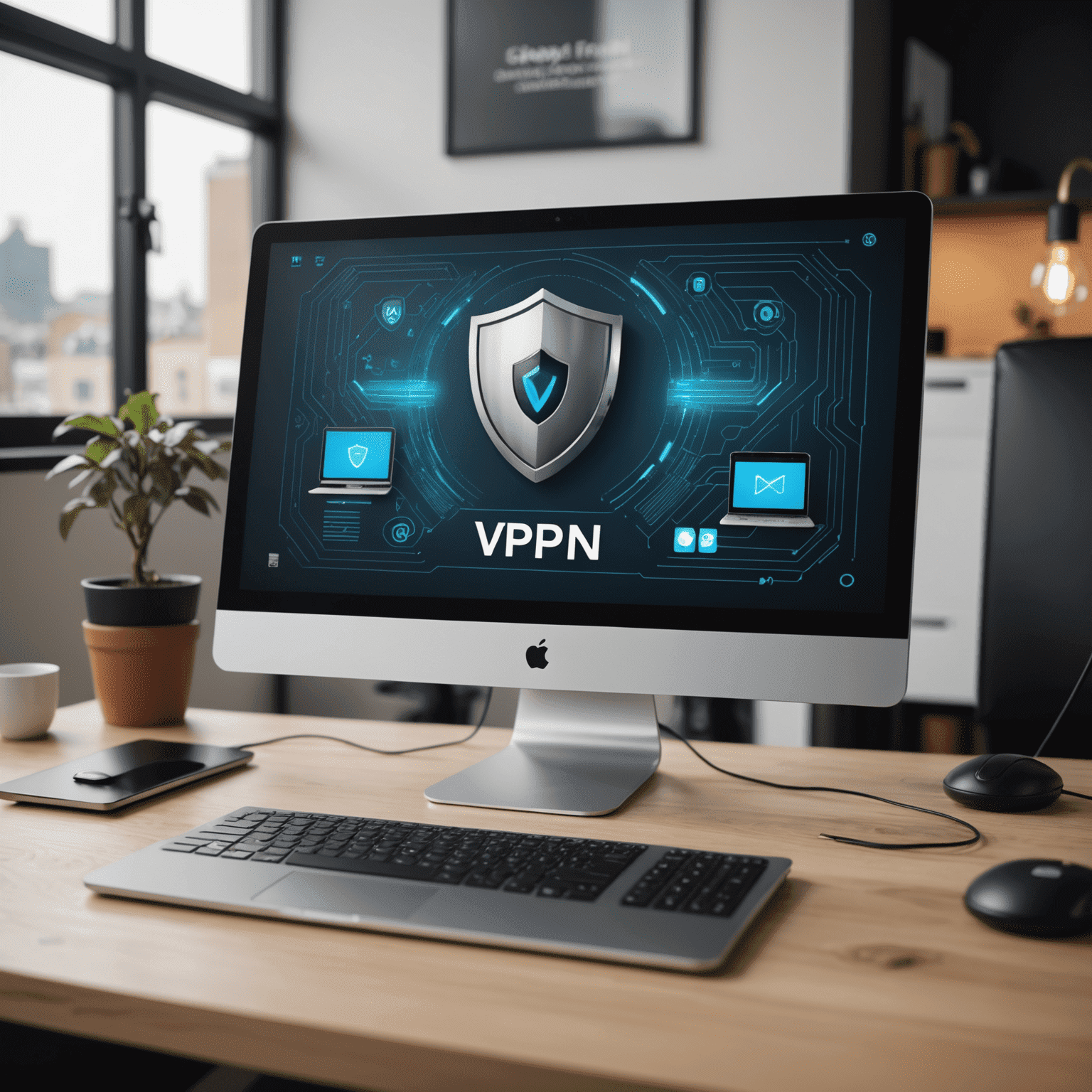VPN vs Proxy: Which is Better for Desktop Users?

In the realm of online privacy and security for desktop users, two solutions often come to the forefront: VPNs (Virtual Private Networks) and proxies. Both offer ways to enhance your online experience, but they differ significantly in their approach and capabilities. Let's dive into an in-depth comparison to help you decide which is better for your desktop needs.
Understanding VPNs
A VPN, or Virtual Private Network, creates a secure, encrypted tunnel between your desktop and the internet. When you download a VPN for your desktop, you're essentially setting up a protective layer that shields your online activities from prying eyes.
Pros of VPNs:
- Enhanced Security: VPNs encrypt all your internet traffic, making it nearly impossible for hackers or ISPs to intercept your data.
- Privacy Protection: Your IP address is masked, making it difficult for websites to track your location or online behavior.
- Access to Geo-restricted Content: VPNs allow you to bypass geographical restrictions on content.
- Protection on Public Wi-Fi: When using public Wi-Fi on your laptop, a VPN adds a crucial layer of security.
Cons of VPNs:
- Potential Speed Reduction: The encryption process can sometimes slow down your internet connection.
- Cost: Most reliable VPN services require a subscription.
- Setup Required: While not complex, setting up a VPN on your desktop does require some initial configuration.
Understanding Proxies
A proxy server acts as an intermediary between your desktop and the internet. It can hide your IP address and provide some level of anonymity, but it doesn't offer the same level of security as a VPN.
Pros of Proxies:
- Faster Speeds: Generally, proxies have less impact on internet speed compared to VPNs.
- Simpler Setup: Many proxies can be set up directly in your browser, requiring minimal configuration.
- Cost-Effective: Some proxy services are free, and paid ones are often cheaper than VPNs.
Cons of Proxies:
- Limited Security: Proxies don't encrypt your data, offering less protection against potential threats.
- Application-Specific: Many proxies only work with web traffic, not covering other internet activities on your desktop.
- Less Reliable for Bypassing Geo-restrictions: Proxies are more easily detected and blocked by streaming services and websites.
Which is Better for Desktop Users?
For most desktop users, a VPN is the superior choice. Here's why:
- Comprehensive Security: VPNs protect all your desktop's internet traffic, not just web browsing.
- Privacy: The encryption provided by VPNs offers a much higher level of privacy protection.
- Versatility: VPNs are more effective at accessing geo-restricted content and work across all applications.
- Public Wi-Fi Safety: For laptop users who frequently connect to public Wi-Fi, a VPN's security features are invaluable.
However, proxies might be sufficient if you only need occasional IP masking for basic web browsing and aren't concerned about comprehensive security.
Conclusion
While both VPNs and proxies have their place, for desktop users seeking a robust solution for online privacy and security, a VPN is the clear winner. The additional features and comprehensive protection offered by VPNs make them a more reliable choice for safeguarding your digital life. When you decide to download a VPN for your desktop, you're investing in a tool that not only protects your privacy but also enhances your overall internet experience.

Remember, the internet landscape is constantly evolving, and so are the threats to your online privacy. Whether you choose a VPN or a proxy, staying informed and regularly updating your security measures is crucial for maintaining a safe and unrestricted online presence on your desktop.